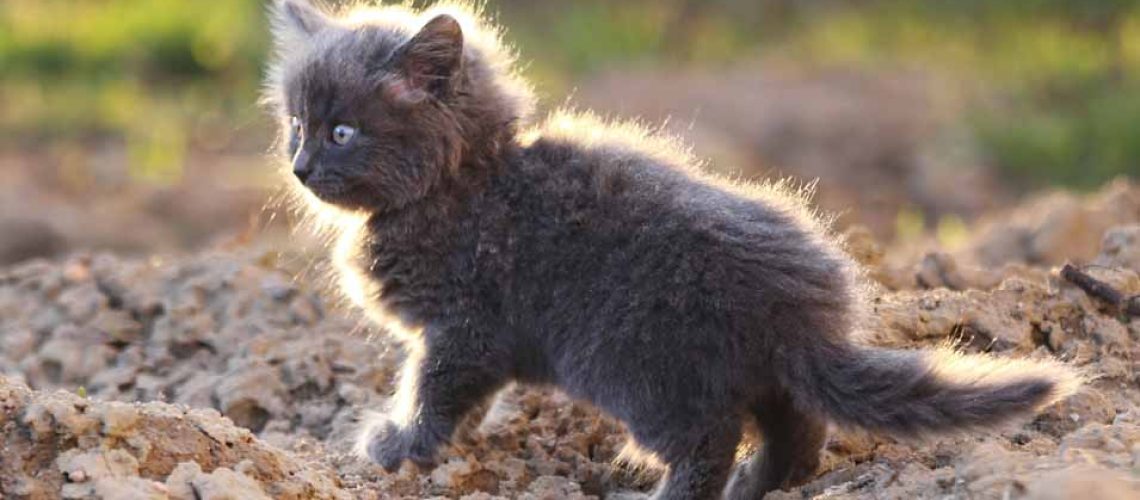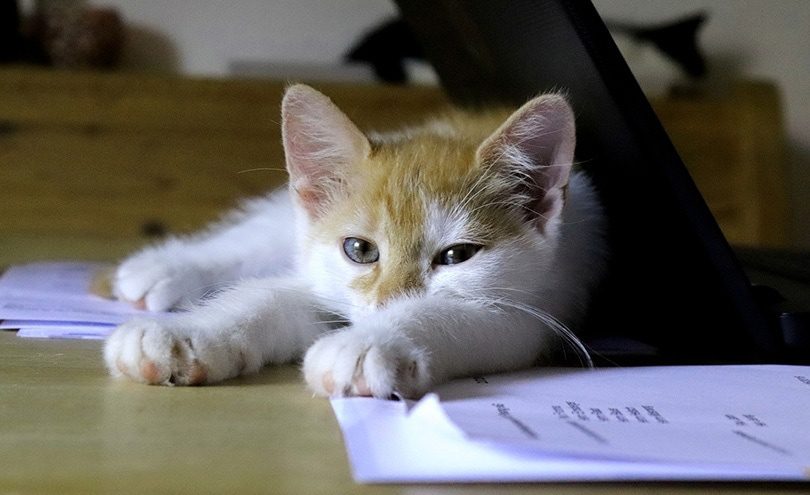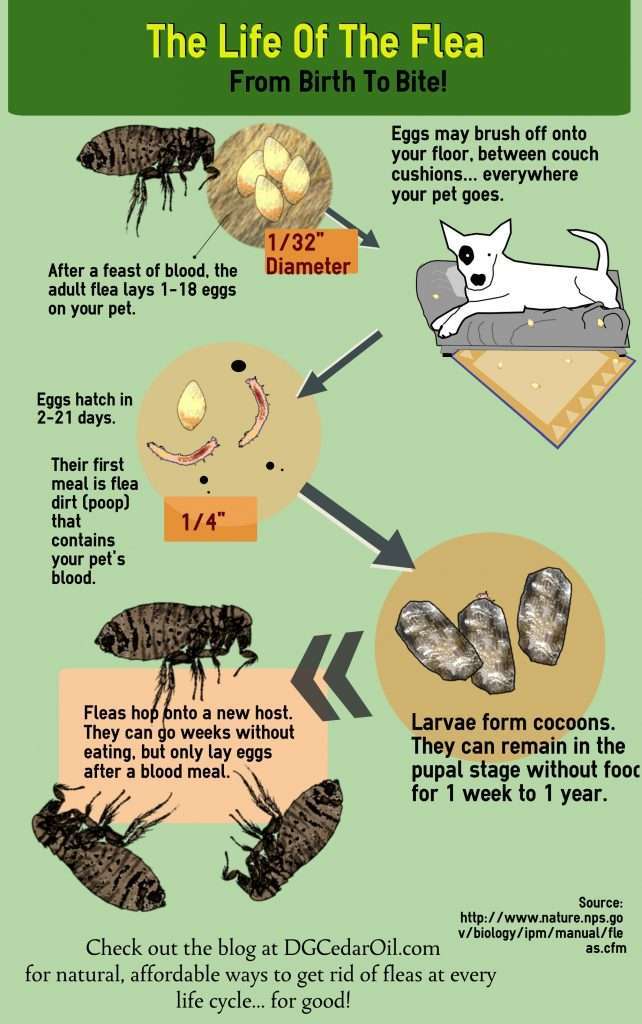Are you tired of your furry friend constantly munching on soil? Do you find yourself wondering why cats have this peculiar habit? Well, look no further! In this article, we will explore the fascinating world of dirt diners and learn how to stop our feline companions from indulging in this behavior. Not only will understanding this topic help maintain a clean environment for both you and your cat, but it will also ensure their overall well-being. So, let's dive in and uncover the secrets behind stopping cats from eating soil once and for all.
Key Takeaways:
- Cats may eat soil due to nutritional deficiencies or boredom.
- Providing a balanced and nutritious diet can help prevent cats from eating soil.
- Offering alternative forms of mental stimulation, such as interactive toys, can reduce the likelihood of cats eating soil out of boredom.
- Using deterrents like bitter sprays or citrus scents on the soil can discourage cats from consuming it.
- Regular veterinary check-ups are important to rule out any underlying health issues that may be causing cats to eat soil.
Why do cats eat soil and why is it important to stop them?
Cats may eat soil for various reasons. One possible reason is that they are trying to fulfill their nutritional needs. Soil contains minerals that cats might be lacking in their diet, such as magnesium or calcium. Another reason could be that cats eat soil to aid their digestion. The rough texture of the soil can help with removing hairballs or aiding in bowel movements.
However, it is important to stop cats from eating soil because it can pose several risks to their health. Soil may contain harmful substances like pesticides, fertilizers, or toxic plants that can cause poisoning in cats if ingested. Ingesting foreign objects like rocks or sticks from the soil can also lead to digestive issues or blockages in a cat's intestines, which may require surgery to remove.
Signs that indicate a cat is eating soil in your garden
If you suspect that your cat is eating soil in your garden, there are some signs you can look out for:
- Frequent digging behavior: Cats may dig up areas of your garden repeatedly, indicating their interest in the soil.
- Dirty paws and mouth: If you notice dirt on your cat's paws or around their mouth after being outdoors, it could be a sign that they have been eating soil.
- Vomiting or diarrhea: Ingesting large amounts of soil can upset a cat's stomach and lead to vomiting or diarrhea.
- Behavioral changes: Cats who are consuming soil may exhibit changes in appetite, energy levels, or overall behavior.
Creating a safe and cat-proof environment to prevent cats from accessing the soil
To prevent cats from accessing the soil in your garden, there are several steps you can take:
- Install physical barriers: Use fences or netting to create boundaries that prevent cats from entering certain areas of the garden.
- Provide alternative surfaces: Cats may be attracted to soil because it offers a suitable digging surface. Providing them with a designated area filled with sand or soft mulch can redirect their digging behavior.
- Use deterrents: Certain scents and textures can deter cats from approaching soil. Sprinkling citrus peels, coffee grounds, or rough materials like pine cones around the garden can discourage them from digging.
- Grow cat-friendly plants: Planting catnip or other plants that cats find appealing in a specific area of the garden can help divert their attention away from the soil.
Natural alternatives or deterrents to discourage cats from eating soil
If you want to discourage cats from eating soil in your garden using natural alternatives, here are some options:
- Cayenne pepper: Sprinkling cayenne pepper around the areas where cats tend to dig can act as a deterrent due to its strong smell and taste.
- Lavender oil: Cats dislike the scent of lavender. Mixing a few drops of lavender oil with water and spraying it around the garden can help keep them away from the soil.
- Ultrasonic devices: These devices emit high-frequency sounds that are unpleasant to cats but not audible to humans. Placing them near areas where cats usually dig can deter them effectively.
Potential health risks of cats consuming soil and how to avoid them
Cats consuming soil can expose them to various health risks. Some potential risks include:
- Poisoning: Soil may contain toxic substances like pesticides or fertilizers that can be harmful to cats if ingested. Avoid using chemicals in your garden and opt for organic alternatives.
- Intestinal blockages: Ingesting foreign objects like rocks or sticks from the soil can lead to blockages in a cat's intestines. Keep an eye on your cat's behavior and seek veterinary help if you suspect they have swallowed something unusual.
- Bacterial infections: Soil can harbor bacteria, parasites, or other pathogens that may cause infections in cats. Regularly deworming your cat and keeping their vaccinations up to date can help prevent such infections.
Redirecting a cat's attention away from eating soil with alternative activities or toys
If you want to redirect your cat's attention away from eating soil, engaging them in alternative activities or providing suitable toys can be helpful:
- Interactive toys: Toys that require mental stimulation, such as puzzle feeders or treat-dispensing toys, can keep cats entertained and distract them from soil exploration.
- Playtime: Engage in regular play sessions with your cat using interactive wand toys or laser pointers. This will provide physical exercise and mental stimulation, reducing their desire to eat soil out of boredom.
- Indoor plants: Growing safe indoor plants like cat grass or wheatgrass can give cats a natural alternative to satisfy their chewing instincts without resorting to outdoor soil consumption.

Plants or products that repel cats and protect the garden soil
To protect your garden soil from cats, there are certain plants or products you can use as natural deterrents:
- Citronella: Cats dislike the scent of citronella. Planting citronella plants or using citronella oil around the garden can help keep them away.
- Rosemary: The strong smell of rosemary acts as a deterrent for cats. Planting rosemary bushes near your garden can discourage them from approaching the soil.
- Chicken wire: Placing chicken wire over areas where cats tend to dig can prevent them from accessing the soil while still allowing plants to grow through the gaps.
In conclusion, there are several effective ways to prevent cats from eating soil in your garden. By providing an alternative source of nutrients, using deterrents, and creating a cat-friendly environment, you can keep your furry friends healthy and your plants safe.
Why does my cat keep eating the soil?
Pets that have anemia may eat dirt as a symptom of an internal ailment or lymphatic cancer. It is recommended to take them to a veterinarian for a thorough checkup because cats with chronic diseases or inflammatory conditions may exhibit this behavior.
What happens if my cat eats potting soil?
If cats consume potting mix, it can be dangerous for them and cause digestive issues such as vomiting and diarrhea. In more serious situations, potting mix can even result in liver disease.
Why is my cat eating clay?
In cases where your cat is not getting the proper nutrients from its diet, it may resort to eating litter. For instance, clay litters contain iron and magnesium. Additionally, if your cat has a condition called pica, where it has the urge to eat non-food items, it could be a sign of anemia, feline leukemia, or kidney disease.
Why is my cat eating her litter sand?
If your cat is consuming litter, it may indicate an underlying health problem. Petful mentions that this behavior can suggest anemia, a deficiency in vitamins or minerals, or a neurological disorder. These conditions require a veterinarian's diagnosis.
What keeps cats off soil?
To prevent cats from digging, you can plant shrubs close together, grow prickly plants, or cover the area with small pebbles or chippings. Some cats are deterred by wet earth, so keeping flowerbeds watered may help. If cats continue to be a nuisance, you can try shooing them away by shouting or clapping. Another option is to install an automatic spray system that detects movement and sprays water to deter them.
Why do cats like soil?
Cats roll in the dirt for multiple purposes, such as getting rid of loose fur and parasites, cooling off, marking their territory, and engaging in play. Rolling in the dirt also helps spread natural oils on their skin, which keeps their coat healthy and glossy.

















